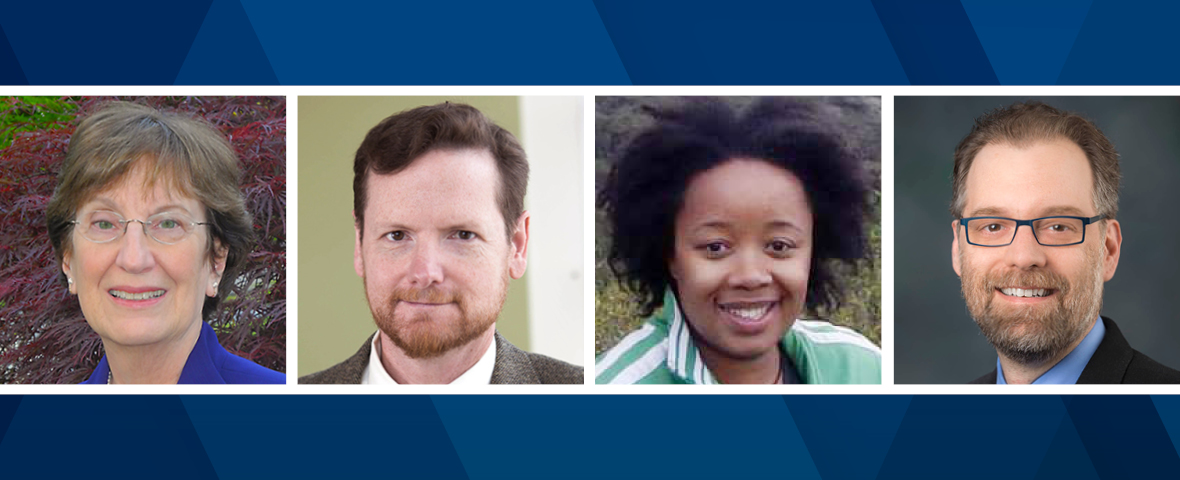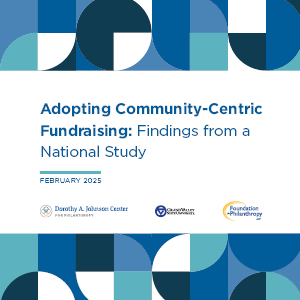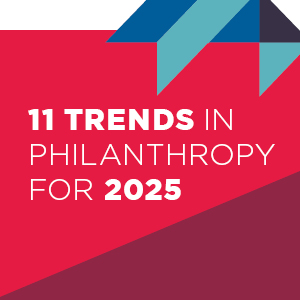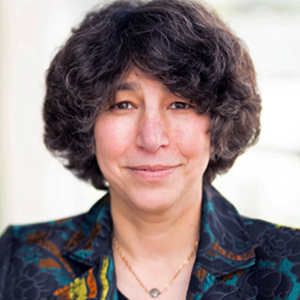Webinar // What We Don’t Know: How Gaps in Giving Data Could Impact Our Sector

As Americans, we know a lot about ourselves — what we buy, how we vote. But we don’t know a lot about what we give. Historically, when trying to understand how much Americans give — how, where, and to what — two of our best sources have been IRS data on taxpayers’ itemizations and publicity about big gifts from wealthy donors. As a sector, we use this data to help nonprofits and donors reach each other, to inform policymaking, to understand the impact of social and market forces on giving, and to anticipate and adapt to emerging trends.
But even these limited data sources may be shrinking. The Tax Cuts & Jobs Act has the potential to reduce the number of Americans who itemize their taxes to less than 10% of all taxpayers. Meanwhile, more and more wealthy donors are choosing to give through Donor-Advised Funds (DAFs), which often create a screen between donors and nonprofit recipients. What’s more, gifts made from DAFs do not have the same IRS reporting requirements, and it appears that anonymity for donors may be part of their appeal.
In short, there’s a lot we don’t know about individual giving in the U.S., and we’re about to know even less.
In this webinar, we discuss how the growing gaps in our data could shape the future of fundraising, community giving, research, and policymaking.
MODERATOR:
- Michael Moody, Ph.D. – Frey Foundation Chair for Family Philanthropy, Dorothy A. Johnson Center for Philanthropy at Grand Valley State University
PANELISTS:
- Elizabeth T. Boris, Ph.D. – Institute Fellow at the Urban Institute
- Eric Guthrie, Ph.D. – Michigan State Demographer
- Jasmine McGinnis Johnson, Ph.D. – Assistant Professor of Public Policy and Public Administration at George Washington University
Original recording date: April 19, 2018













